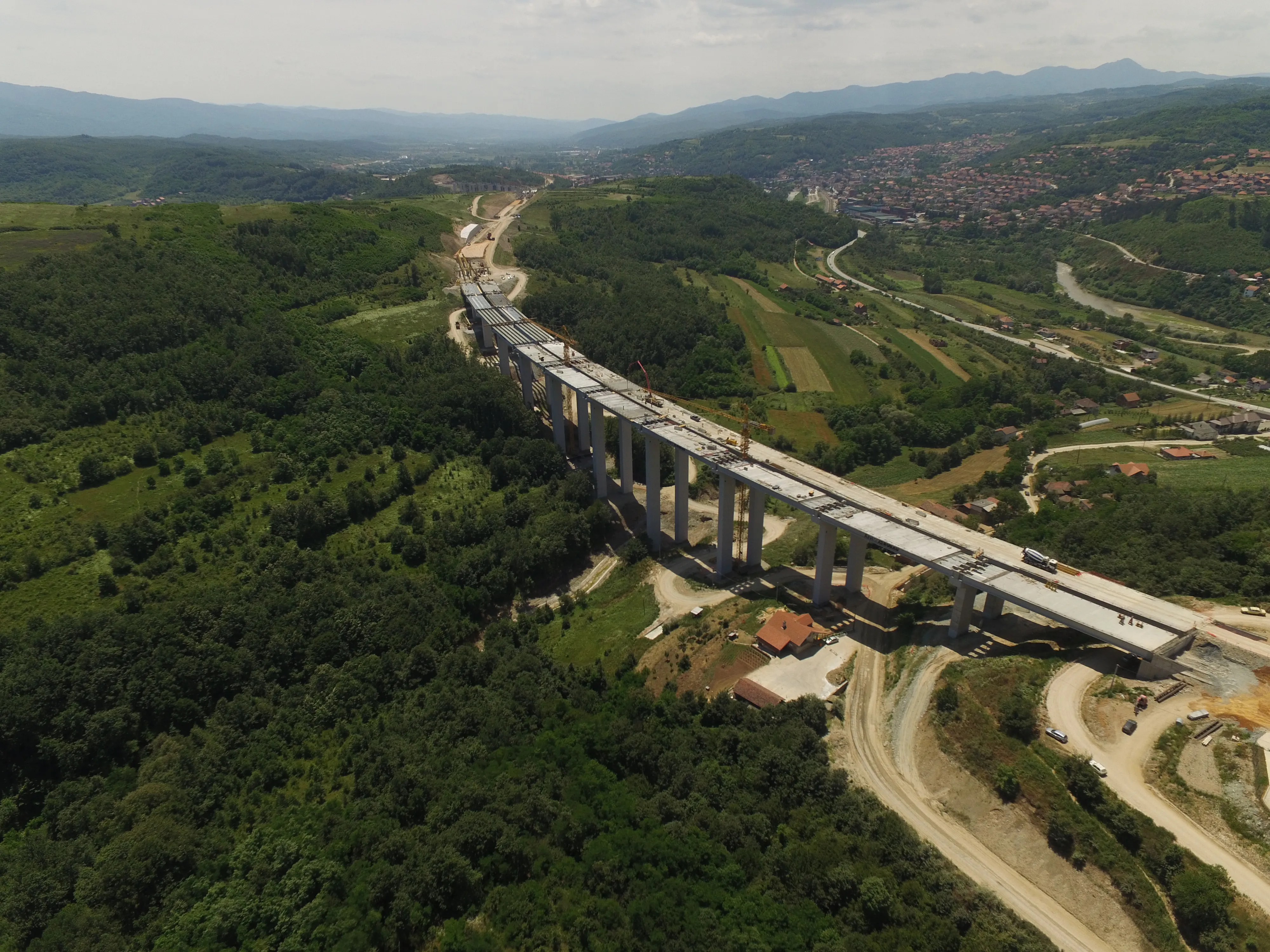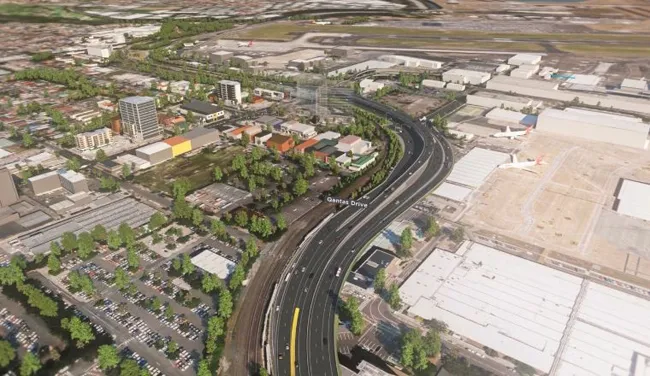The Spanish government has calculated the cost of rescuing Spain's nine bankrupt motorways at €1.8 billion.
This is about 10% less than previously estimated, according to a report in the Spanish financial newspaper Expansión.
The government has been trying for the past three years to facilitate a deal with banks to get the motorways out of debt and so to not add to the state’s own debt.
Many of the nine projects were built prior to the financial crisis and traffic volumes were optimistically high. Logistically, many of the roads or sections of the highways are competing with high-grade free roads close by, and in some instances parallel to, the tolled road.
Last summer, the government agreed that the state-owned transport infrastructure firm Seittsa would manage the nine bankrupt motorways. Seittsa is to prepare the terms for their retender to private companies by the end of this year.
The rescue cost was likely to be lower than the €3.5 billion previously estimated by some analysts at the time.
The arrangement with Seittsa came after three years of failed attempts by the government to facilitate debt restructuring between the investment banks and nine toll road operators.
Among the nine distressed operators are Aeropistas M-12 (Madrid-Barajas airport) and Madrid Levante (AP-36 Ocaña-La Roda).
In 2015, construction lobby group Seopan estimated the cost of a nationalisation could reach around €5.5 billion.
Spanish government reduces motorway rescue cost
The Spanish government has calculated the cost of rescuing Spain's nine bankrupt motorways at €1.8 billion. This is about 10% less than previously estimated, according to a report in the Spanish financial newspaper Expansión. The government has been trying for the past three years to facilitate a deal with banks to get the motorways out of debt and so to not add to the state’s own debt. Many of the nine projects were built prior to the financial crisis and traffic volumes were optimistically high.
May 8, 2018
Read time: 2 mins









